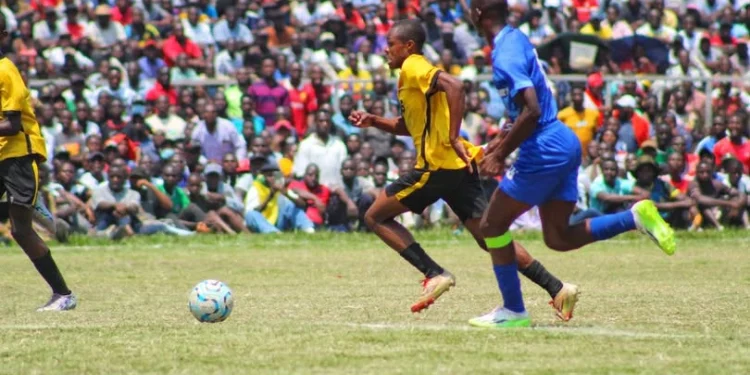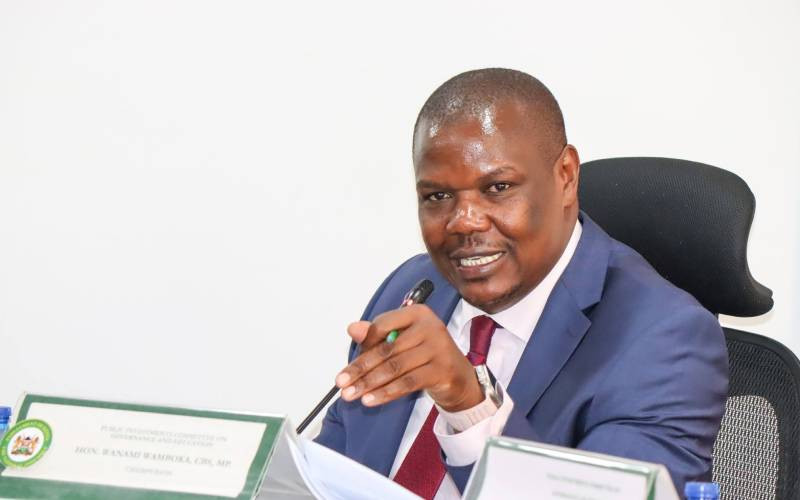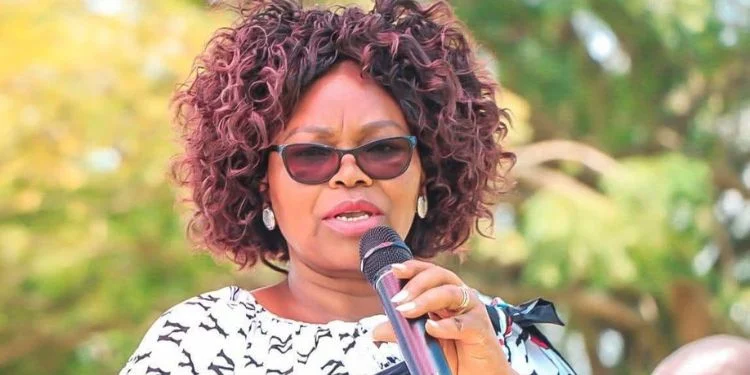By Azael Masese
Teacher Service Commission (TSC) will unveil a programme that will subject school heads and teachers to a test and subsequently identify the top cream from a given locality.
Under the Teacher Professional Development Policy (TPDP) framework and Teacher Professional Development (TPD) modules, school heads that emerge top among the pack will become leaders.
Schools with teachers who exhibit exceptional teaching skills will become role models in given subjects.
There are about 312,306 teachers under the Government and more are projected to join the service this year.
This was necessitated by the Performance Contract (PC) and Teacher Performance Appraisal and Development (TPAD) report which indicated failure by teachers to meet the high expectations.
PC and TPAD are tools aimed at supporting teachers to improve their teaching competencies.
Through this appraisal and development system, it is envisaged that teachers will become more empowered to regain the lost glory of the teaching profession and earn public confidence and support.
TSC Acting Director (Teacher Management) Mary Rotich said school heads who will enroll and prove themselves will earn points to get to the next level and eventually become instructional leaders.
“The framework will guide principals and teachers to develop continuous learning in the profession and motivate one to graduate to the next level when you enroll for the instructional modules,” she noted.
Speaking during the Kenya Secondary Schools Heads Association Uasin Gishu Annual County Conference held at a Nairobi Hotel, she said this will build teachers’ competencies and improve learning outcomes.
A school will team up with a group of schools and become a centre of excellence in a given subject and consequently, the best learning practices can be replicated within the cluster schools.
A plan to have the best teacher identified in one school to teach another school seamlessly has also been mooted.
One of the concerns raised is that school principals feel they are competing amongst themselves and what one knows should not be shared.
“This should not arise because we want the best to be shared amongst the teachers to add value to the learners.The quality we want to build of you is to become a perfect leader in instructional leadership to ensure the school achieves the mandate it is supposed to achieve,” she said.
She underscored the need for principals and teachers to add value to students, saying a student can achieve good grades more than what was reported in the KCPE.
“We want to see you add value to a student as a KCPE candidate with 285 marks can get a B+ and this will only come when instructional leaders implement what they have learnt over time,” she said.
School heads, she noted, should have focus and give the children, teachers, parents and the community hope.
The change in policy, she noted, is necessitated by the need to re-jig the manner school is handled, saying that the commission has done the same thing over and over again without producing the best learning outcomes.
“We have realized that we are doing the same thing for a very long time and are not getting the best hence the reform agenda.
Once in place, this might create confusion on which professional qualification to be given preference by the employer when it comes to salary increment and promotions.
A good number of teachers have gone back to class pursuing degrees and master’s degree programmes anticipating promotions.
However, TSC put a stop to promoting teachers who acquired higher qualification from 2014, hence creating tension between the teacher and their employer.
Speaking at the same function, Basic Education Principal Secretary Dr. Belio Kipsang’ said the Government has pumped enormous resources into the sector and expect a healthy return.
“We want to make sure that our children get a return on investment the government puts into our institutions,” he appealed.
For example, he said that the Government pays each secondary school student Sh22,000 for tuition, and 6,000 for examinations.
On the textbook policy, he said they are intending to increase the number of textbooks to every child from second term outside the core subjects.
Currently, the Government provides each child with a textbook in six core subjects.






